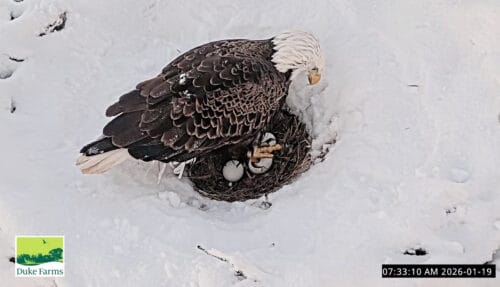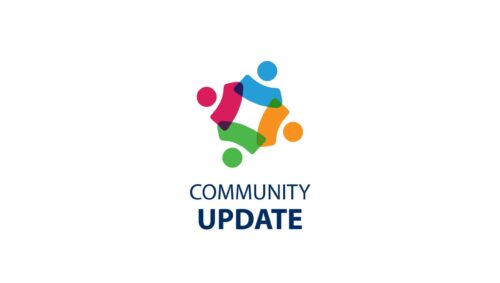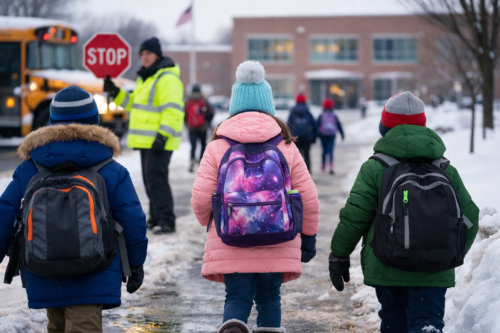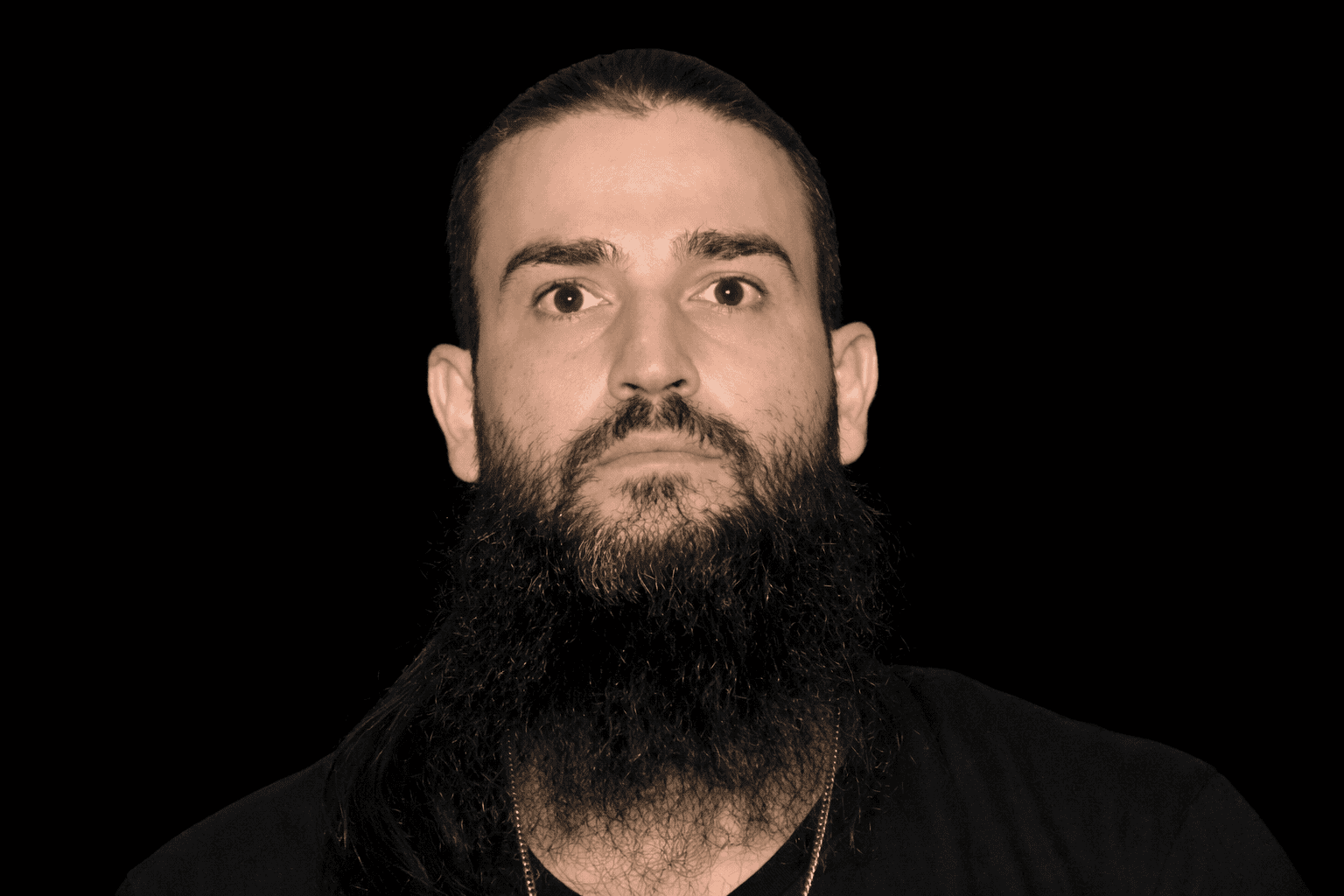School-Ready?
Schools—and families—throughout the region are preparing for a year of probable twists and turns.


 As a nervous flyer, I appreciate when the pilot alerts us to upcoming turbulence. So when the plane starts shaking, I am securely seat-belted and practicing measured breathing. As we gear up for the return to school still in the midst of a pandemic, it may help to expect some turbulence.
As a nervous flyer, I appreciate when the pilot alerts us to upcoming turbulence. So when the plane starts shaking, I am securely seat-belted and practicing measured breathing. As we gear up for the return to school still in the midst of a pandemic, it may help to expect some turbulence.
“There are so many dynamics,” says Suzanne Sheppard, a school psychologist with the Pittsgrove Township School District. Sheppard, who has case management responsibility in the high school, also participates in assessments from pre-K on up. “At the forefront, COVID has been unpredictable,” she says. “It is a big learning curve for all in education. Everyone had to learn to be flexible.”
That flexibility is still important. “Everyone needs to be aware that we are not going right back to the way it was,”Sheppard continues. “We have to be aware of where students are. I had some students who did better remote, the organized ones. A lot of kids don’t have that skill set. We have had a significant decrease in everyone’s ability to cope. We see a lot of anxiety and depression.”
She says some students who were academically strong before, struggled with remote learning. “Some students have no access to technology or are struggling with poverty, homelessness,” she notes. “For some, they were the only breadwinner in the family. Maybe they have siblings and are trying to use one device. The first thing everybody has experienced is grief—the loss of a person, the loss of activities.”
Sheppard says it’s important to recognize that it has been traumatic. “Kids lost a lot. Teachers lost a lot. Teachers had a way of challenging students [in person].” She says though some kids did fine with hybrid and online, they missed out on the social relationship aspect of school. Also the school structure helped them get adequate sleep and nutrition.
Sheppard’s advice for the transition to school? “The number one thing,” she says, “and no one wants to hear this, including myself, is routine—routine with flexibility. As much as you can, have a structure in your day. Have a wakeup time. Build in breaks. It’s important to make time for exercise, play, movement, being in nature—doing those things that feed people’s souls.”
She also emphasizes connections. “It is important for students, families, and various school staff to work together as a team.” That support can help with the transition.
***
Angela Dooley, director of RAFT (Resources Aligned for Teens) at Vineland High School and Wallace Middle School, also stresses the importance for students of “a sense of community. There are school social workers, guidance counselors, trusted teachers—having support and a safe place to go.”

RAFT (which in Millville is known as LINK) is a Department of Children and Families’ initiative and a collaboration with Inspira Health and the Board of Education. The program provides services from mental health to resume writing, a summer youth program, academic assistance, and orientations, to name a few. Dooley points out that students entering 7th grade and 10th grade may never have had in-person 6th or 9th grade experience. “We’re recognizing that and focusing some of our efforts toward kids in other grades as well,” Dooley says.
One of the summer programs was a girls’ group; while doing activities “they’re engaging in conversation, interacting with peers, and making a new friend,” Dooley explains. “We understand and recognize the importance of social interaction and are encouraging parents to have kids engaged in positive ways.”
Certainly routine will be important, she notes: “Getting them on a schedule earlier is helpful, get to bed at a decent time. It’s readjusting to returning to school and the school day.”
RAFT also runs classroom workshops on topics such as mental health, stress management techniques, nutrition. “We come alongside and support in any way we can,” she says.
***
Jeanie Smith, Cumberland Christian School (CCS) Dean of Middle School, has a lot of experience with helping students and parents through transitions. The move from elementary to middle school is, in Smith’s words, an “exciting time but a stressful time. The first few months are more stressful for parents than for kids. The kids are changing physically, mentally. Many times their friendships change. They may connect with someone else.” Academically it is a big step.

Her advice for those facing big transitions: “Let’s take it one day at a time, one assignment at a time, one class at a time. Encourage them, but don’t hover over them.” For students returning from virtual, “get on a schedule two weeks before school begins. Start getting up the time they’d normally be up. Get up, eat breakfast.” For parents, she advises, “Be patient and loving with the kids. It’s going to be tough to watch their kids grow up. Trust the process.”
***
Vineland mom Tina Togno describes last school year: “It was just brutal.”
She was trying to juggle her in-home daycare with oversight of her sons’ hybrid and remote learning. “Last year was hit or miss,” she recalls. “No one got into the groove of things.”
Togno’s older son, who starts 9th grade this year, was diligent. But he didn’t get his 8th grade year to help him transition to high school.
“The last four weeks it was in-person, but half days and virtual on Wednesday,” she relates. “Not a full class day, not full class period. It wasn’t the full experience; it just wasn’t.”
Her younger son struggled with the remote learning. “It was all I could do to keep him focused,” she says. “He was just bouncing off the walls. His teachers would text or call that he wasn’t on or paying attention. ‘I’m going to be sitting next to you the whole time. Legit.’ ” And that is what she had to do.
As for getting them ready to return, “We’ve already started to do that very slowly,” Togno says. She is getting them to bed earlier. “My husband’s big thing is dinner is with everybody, we sit down together. Electronics are put aside. It’s family time. We watch a family movie. We play a game. It sets the tone.”
This family routine helps the kids settle down for the night. As far as mentally preparing for the return to school, Togno says, “I tell them, ‘Expect the unexpected.’ ”
***
It sounds to me like, “Please return to your seats and fasten your seatbelts.” Take those calming breaths. It may be bumpy, but we’ll get through this.










